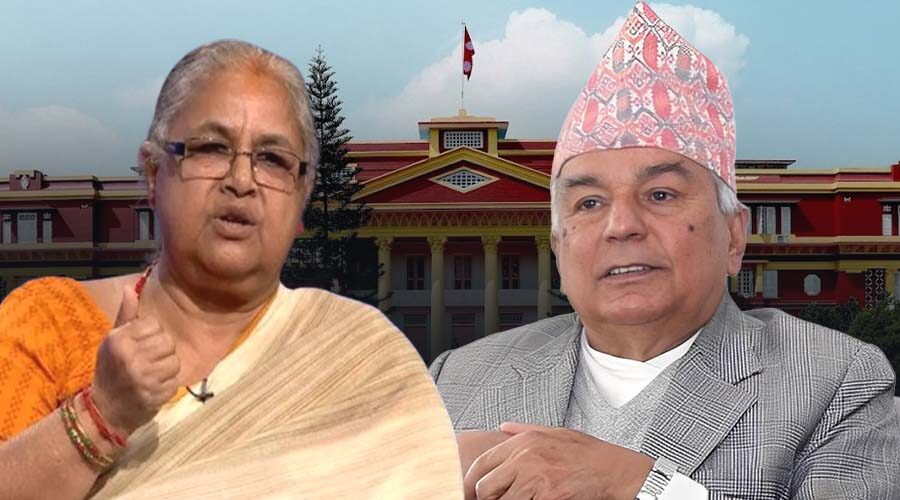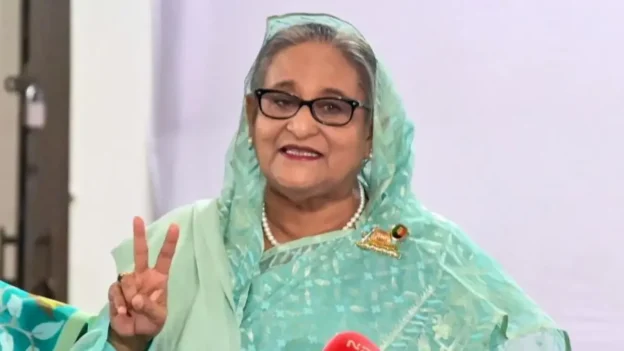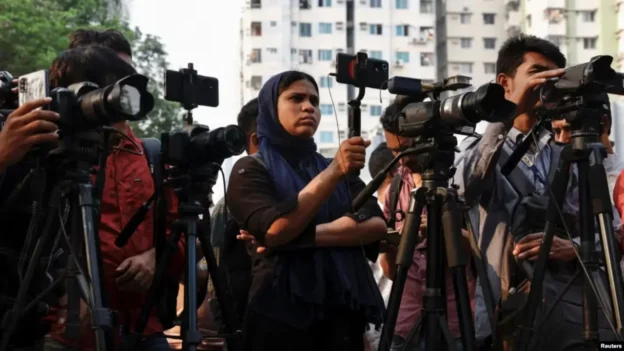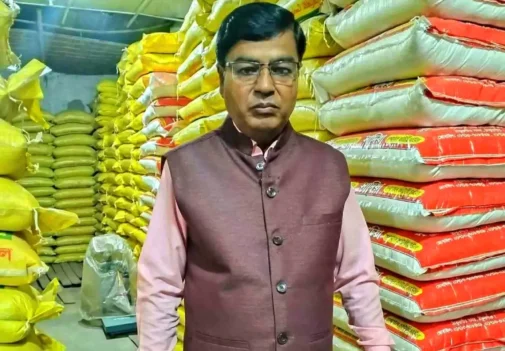Former Chief Justice Sushila Karki is poised to take charge of the government this evening, with her swearing-in scheduled for 9 p.m. Preparations are underway at Sheetal Niwas to draft the decree dissolving the House of Representatives and to finalise the letter of appointment naming her as prime minister, according to officials familiar with the matter.
The breakthrough came after a full day of intense discussions on Friday. Sources from Kathmandu said that under pressure from protesters threatening to surround the presidential residence, President Ram Chandra Poudel conceded that he could no longer manage the escalating crisis and agreed both to dissolve Parliament and to hand leadership to Karki.
The move follows a week of back-and-forth negotiations. Political parties had earlier urged the President to explore ways of elevating Karki from within the existing Parliament. But Karki—proposed by the Gen Z movement as interim head of government—remained firm that she would not lead a government under the present legislature. Kathmandu Mayor Balen Shah also insisted that the minimum condition for agreement was the dissolution of the House.
Talks at Sheetal Niwas from Thursday night into Friday morning had ended without resolution, and by Friday afternoon no consensus was in sight. According to local media reports Chief of Army Staff Ashok Raj Sigdel warned that if a government was not in place by evening, a state of emergency might have to be declared. He also briefed Karki directly, cautioning that extraordinary measures could be required to restore order. While some senior politicians accepted this possibility, several second-tier leaders rejected the idea and warned they would themselves take to the streets if emergency rule was imposed.
Amid this high-stakes deadlock, the army chief relayed the Gen Z representatives’ proposal—made earlier in the week at Army Headquarters—to install Karki as the interim leader. President Poudel then began a series of consultations with party leaders from late Thursday in an effort to forge consensus.
Local media reports also suggest that by Friday, leaders of the Nepali Congress, CPN-UML, and Maoist Centre had all signalled agreement to support Karki’s leadership in line with the Gen Z mandate. However, many within the parties argued that any interim arrangement must be aligned with constitutional provisions and the parliamentary framework.
On Thursday evening, Maoist Centre Chairman Pushpa Kamal Dahal “Prachanda” arrived at Sheetal Niwas at the President’s invitation, accompanied by Deputy General Secretary Barshaman Pun. Soon after, Congress Vice President Purna Bahadur Khadka and General Secretaries Gagan Thapa and Bishwo Prakash Sharma were also contacted by the President’s Office. Around 11 p.m., the Congress leaders communicated the party’s position by phone from their separate locations.
In these consultations, the parties conveyed their willingness to cooperate in forming a new government under Karki, consistent with the spirit of the Gen Z movement. Yet they also emphasised that the process should ideally proceed without dissolving Parliament. As that compromise could not be reached, the path to forming the new government stretched into Friday evening—until the decision was finally made to dissolve the legislature and appoint Karki to the top post.

